A room full of people move their hips, stomp their feet and sway their arms in time to upbeat music. Everyone is in workout clothes and dancing with looks of dual intensity and focus, watching themselves in the wall of mirrors in front of them. Leading the movements and providing words of encouragement in front of the class is Vanessa Fuller, Xcape Dance Academy’s founder.
Xcape Dance Academy dance studio offers classes with styles rooted in the African diaspora, like jazz and hip-hop, to people of all ages and levels — from toddlers to adults and beginners to professionals. The studio focuses on creating a safe and inclusive space for people of all different backgrounds in Eugene.
Fuller says Xcape is both a studio and a community. Living in Eugene as a young Black girl, Fuller says she was not surrounded by people that looked like her. Eugene’s population is less than 2% Black and almost 84% white, according to the 2010 census. Fuller says that it can be challenging to feel comfortable being a dancer of color when surrounded by mostly white dancers and studio owners.
“Being in Eugene and being a person of color is very difficult,” Fuller says. “This community is racist.”
At 3-years-old, Fuller went to her mother and told her she wanted to learn to tap dance, and she has not stopped dancing ever since. For her, dance was the only place she felt like she belonged.
While she loved tap dancing, Fuller remembers not having many spaces in Eugene where she could practice hip hop, a style of dance that she had become interested in from watching MTV dance videos while growing up. Many studios primarily offered ballet and modern dance classes.
Fuller honors her roots by practicing styles of dance rooted in the African diaspora, which Fuller says most studios in Eugene did not offer. And when she created a space, she says she remembers other dancers and Eugene locals seeing it as too “raunchy.”
“At first, the challenges had a lot to do with the way my body moved naturally on the dance end,” Fuller says. “There were white people doing that here, and then when I started doing it, it was a huge fucking deal.”
In 2012, Fuller applied to teach hip-hop at her alma mater, the University of Oregon, but was rejected because she didn’t have a master’s degree. When Fuller applied to get her master’s degree to comply with the requirements, she was denied. Finally, once UO asked her to teach a class, it was cut from lack of funding.
Fuller decided to start her own studio in Eugene to create the space she wished she had when she was younger. The studio focuses on teaching “street style of dance,” according to the website.
“Providing that space for all kids is my debt to the world,” Fuller says. “In this town, I have had to create my own space and kind of wait for people to catch on to it.”
Kayla Damo, a senior at New Hope Christian College, is grateful that Fuller made Xcape a safe space. She has been teaching at the studio since she moved to Eugene from Hawaii in 2018. Xcape is a unique place because of the community created there, Damo says. For her, it is the only place in Eugene that has felt like home.
Damo is also on the Xcape dance team, where she met some of her closest friends. According to Damo, the team feels like a family, bonding outside the studio by doing activities together like occasional Sunday brunches.
“Xcape is not just another studio,” Damo says. She says that Xcape functions as a community, too. Fuller encourages all of her students and instructors to be advocates for the broader Eugene community, she says, from supporting the Black Lives Matter movements to standing against anti-Asian hate.
Former Xcape dance instructor Drea Smith says she did not realize the importance of a safe space until she left her old company to join Xcape. Smith moved to Eugene and first started professionally dancing at a white-owned dance studio, where she felt tokenized as one of the only Black women in the class.
For Smith, part of what makes Xcape a unique and safe space is that it fosters a sense of community specifically for people of color. Growing up in LA, surrounded by Black culture, it was a culture shock to come to a city as white as Eugene, Smith says.
Smith grew up learning to dance in the kitchen with her mom, the music of James Brown guiding their steps. Even though she loved to dance, she never took classes in a dance studio as a kid because her family could never afford it. Because of this, Smith says, she has conversations with the students at Xcape about privilege and dance.
“As a Black woman not afraid to be different and be who I am, that’s damn near nonexistent in Eugene,” Smith says. “Xcape has always been my safe space.”
Smith talks to her students about access and her own experience with money as a barrier from dance. She says she’s inspired by the scholarships that Fuller gives out and has had many students who had never taken a dance class before because they were always too expensive.
While Xcape’s prices are comparable to other studios, $12 for a drop-in class, Fuller does everything she can so that money is not a barrier for any of her students. Fuller says she offered over $10,000 in scholarships in 2019 to ensure that dancing at her studio was accessible to everyone.
But Xcape teacher Christopher Dean says that Fuller offers community in more spiritual ways too. Dance, according to Dean, is about more than just the choreography but also a way to heal and work through trauma. Dean moved to Eugene five years ago, and he has been teaching dance at Xcape ever since.
Dean says he often comes to class anxious or stressed about the outside world and notices this in his students. He says some students might be dealing with loss, the foster care system or school struggles, which have been exacerbated over the last year-and-a-half of social and emotional isolation.
But once everyone is in class, he says, dance becomes a form of therapy that lets everyone forget their stresses.
“It kind of just suspends reality for that whole one hour,” Dean says. “It’s an incredible feeling to feel like despite everything going on, you achieved something, and you focused, and you pushed yourself in class.”
During the COVID-19 pandemic and the multiple waves of quarantine lockdowns, Xcape offered Zoom classes for students before businesses opened back up for in-person activities. Fuller says that the hardest part of the pandemic was the impact on the Xcape community’s mental health. She also says that students didn’t want to dance over Zoom because there’s less energy exchanged between the instructor and other dancers.
In response to the pandemic and the mental health toll it took on her students, Fuller created a teen mentorship program. The group meets at least once a week for her students to talk about issues that may arise in dance and beyond.
While Xcape is a dance studio, Fuller says that it is also a place of holistic healing. Overall, Fuller says her goal is for all students to leave Xcape feeling confident not only in their dancing but in all aspects of their lives.
“Xcape creates leaders,” Fuller says. “There are people who come out of this studio empowered to do the things that they do best.”


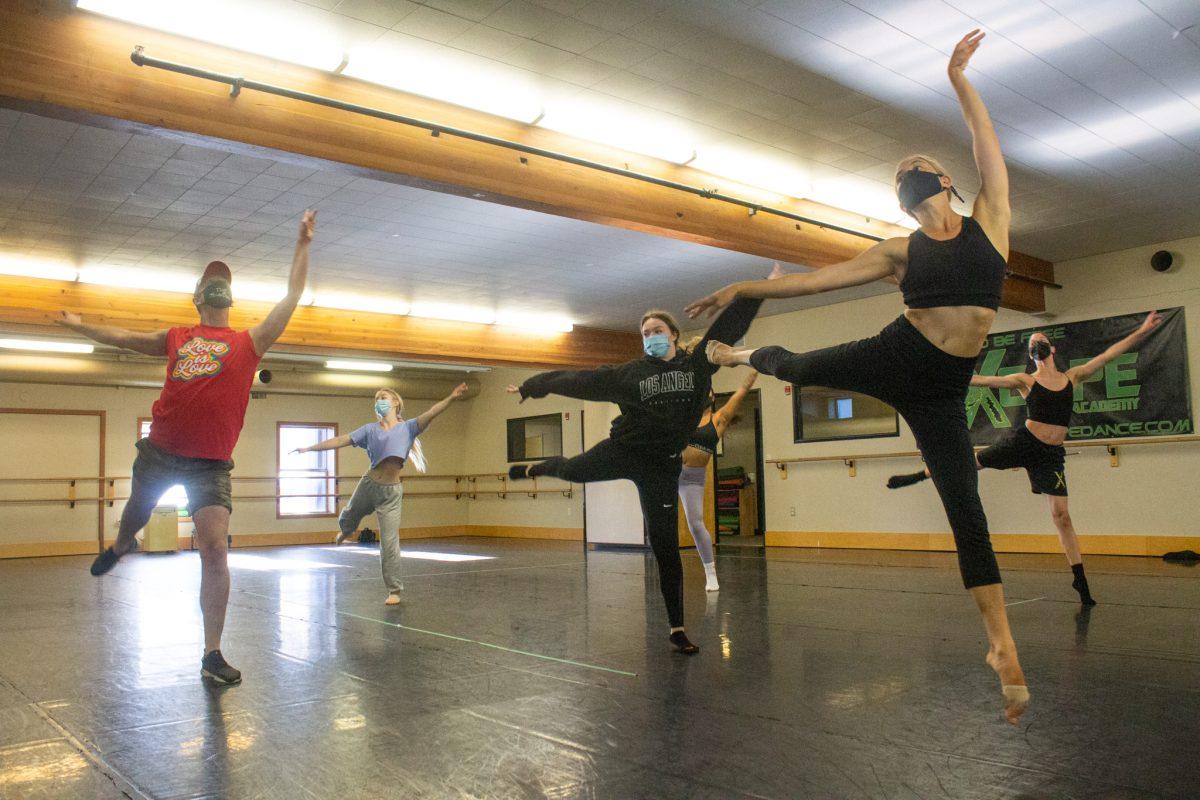
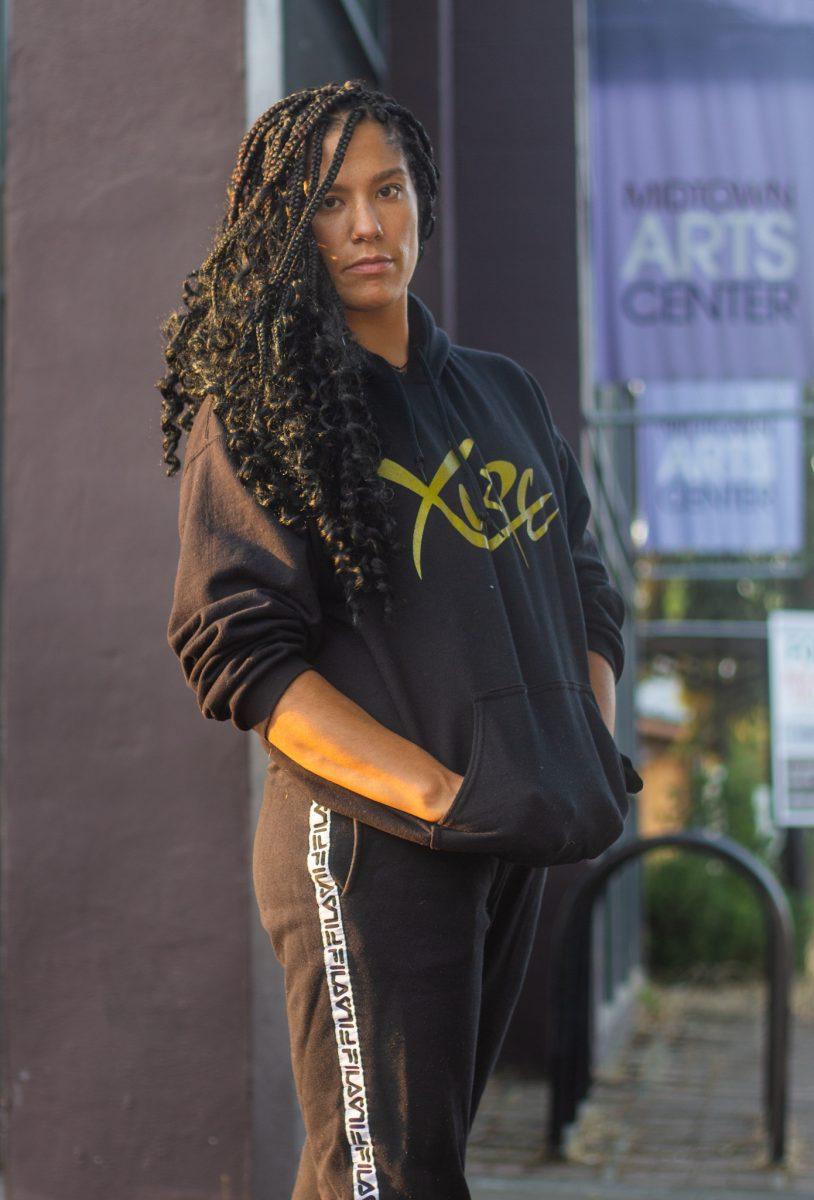
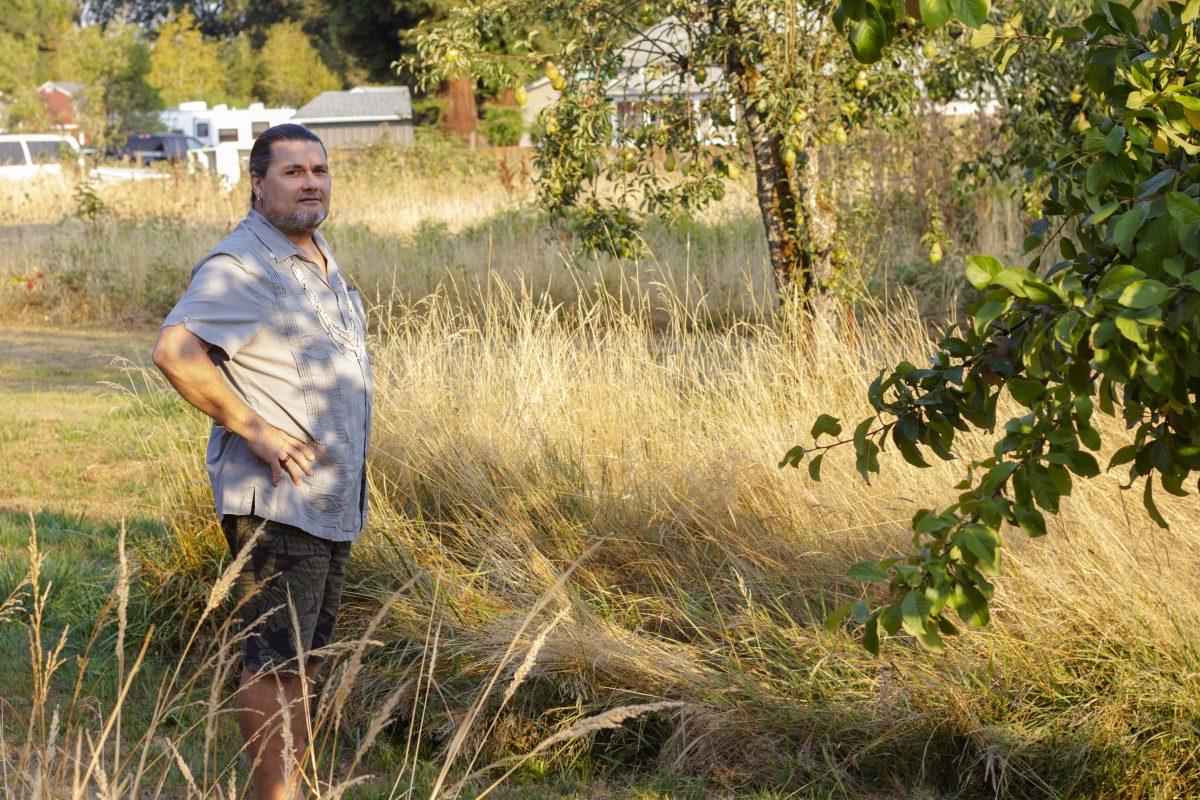
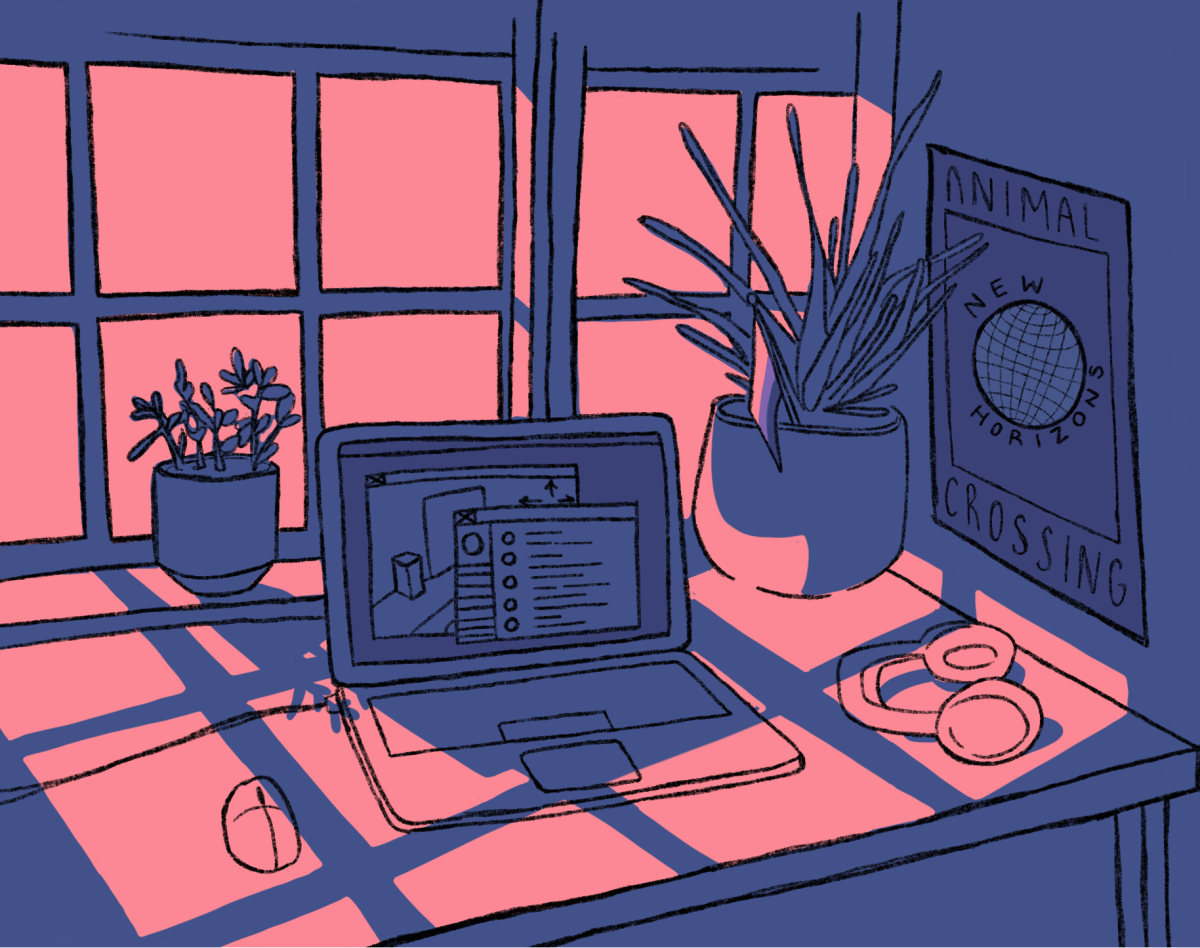
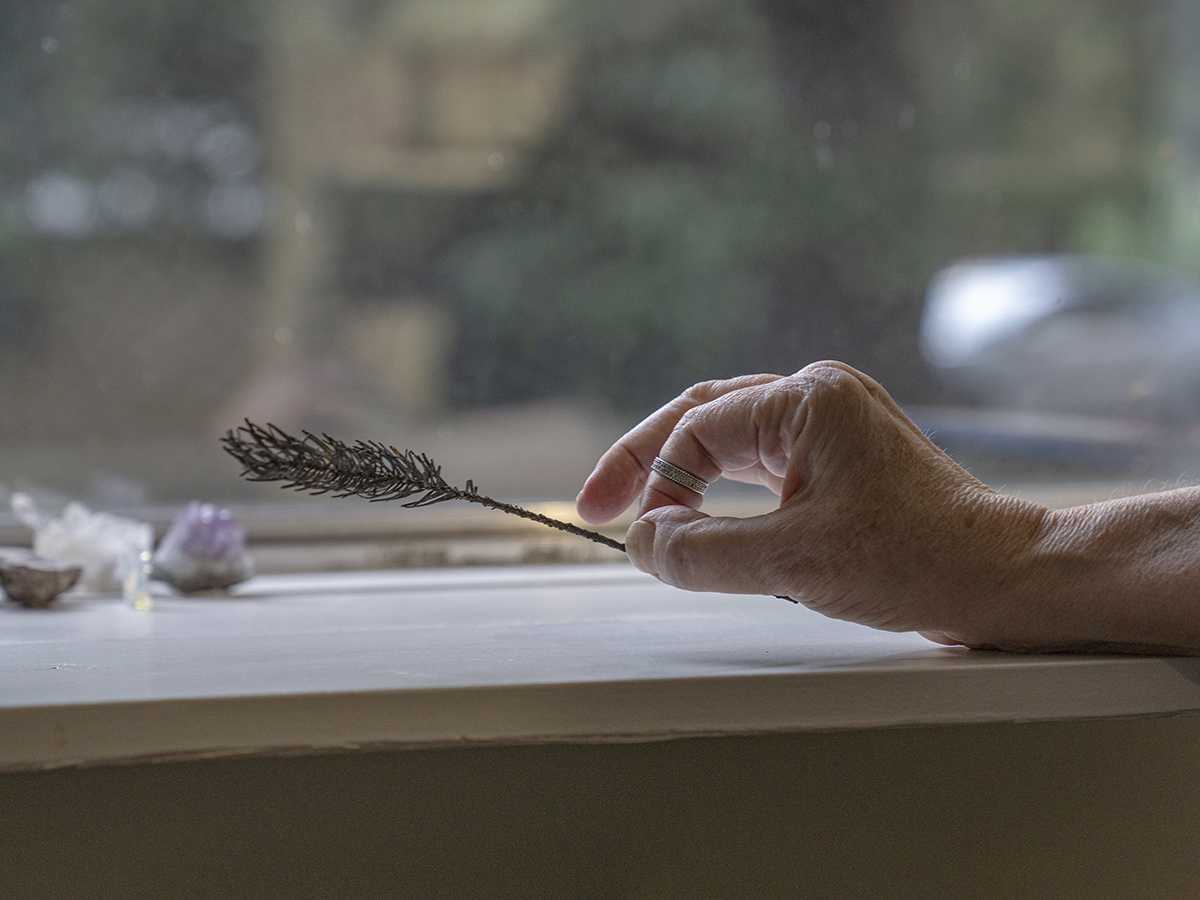
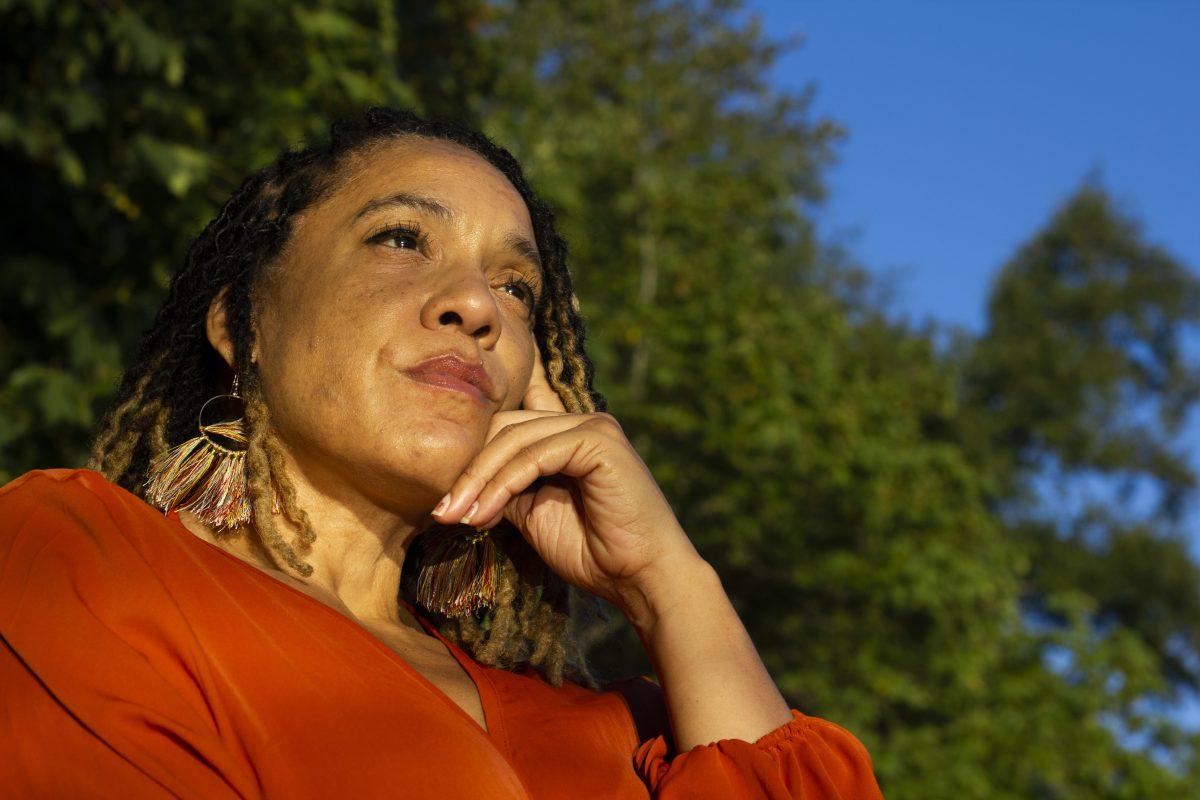
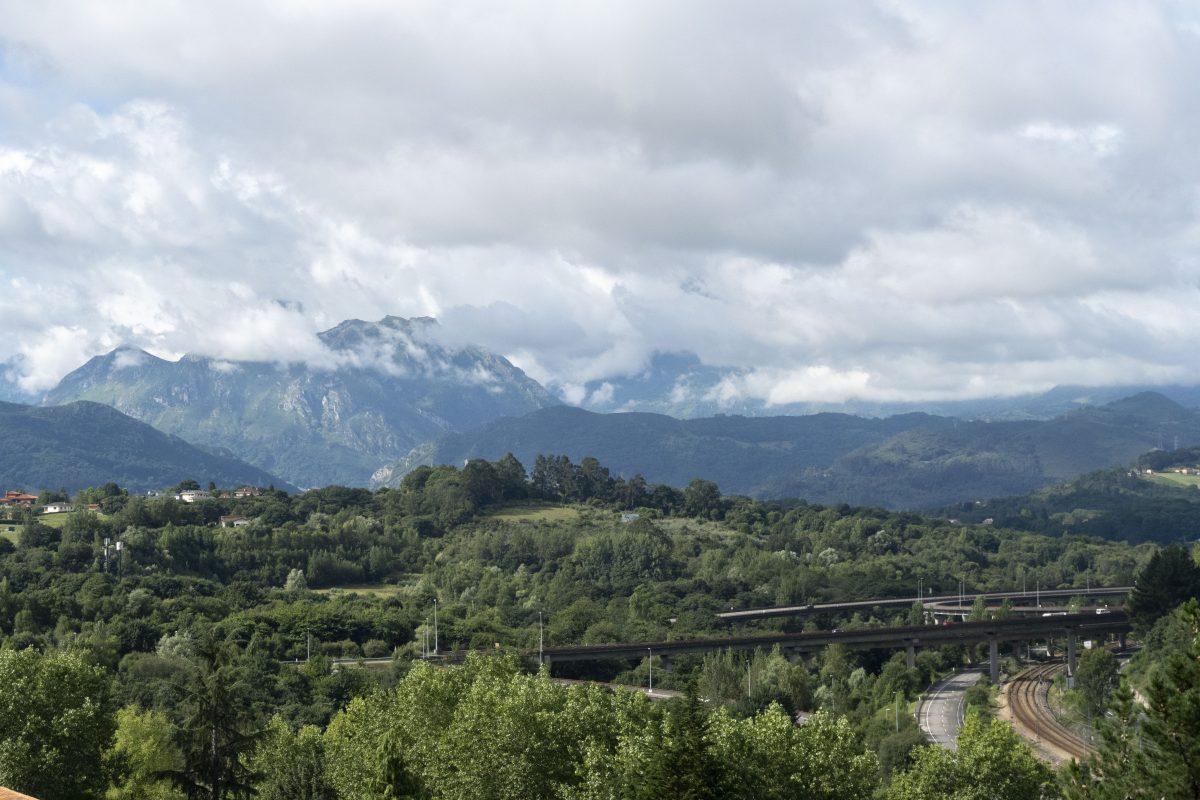
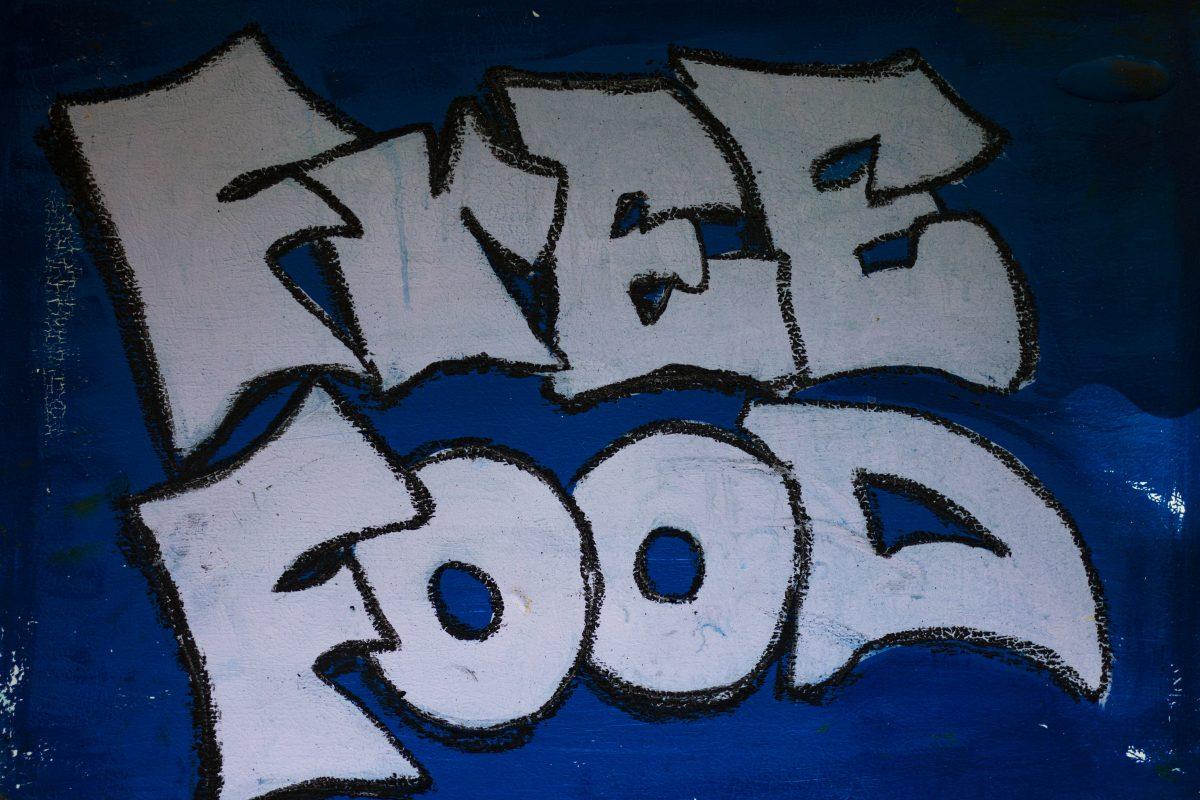


![[Photo Courtesy of the Lara Family]
Ruben embraces his beloved childhood goat, Katrina.](https://ethos.dailyemerald.com/wp-content/uploads/2025/05/katrina-1-1060x1200.jpg)


